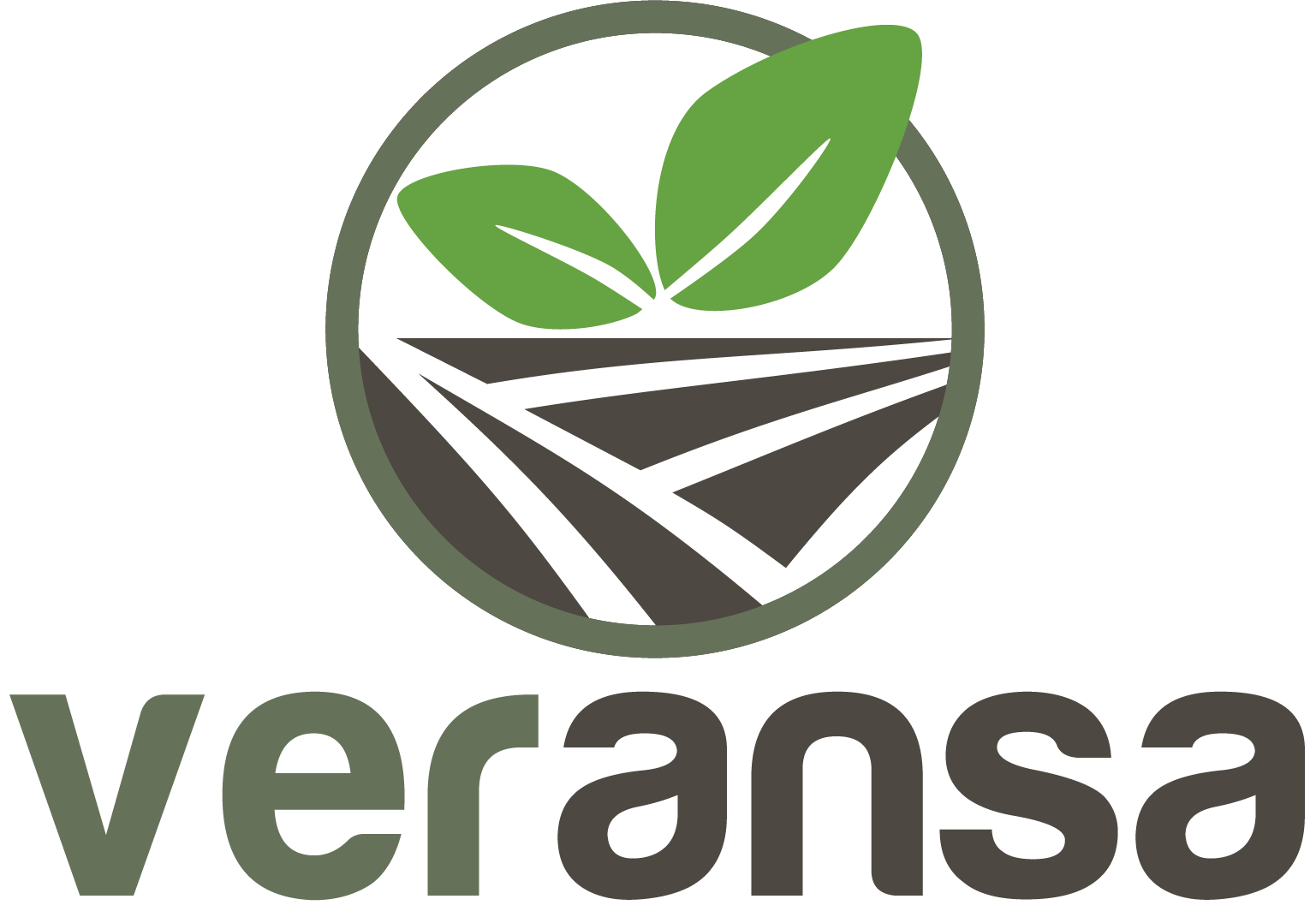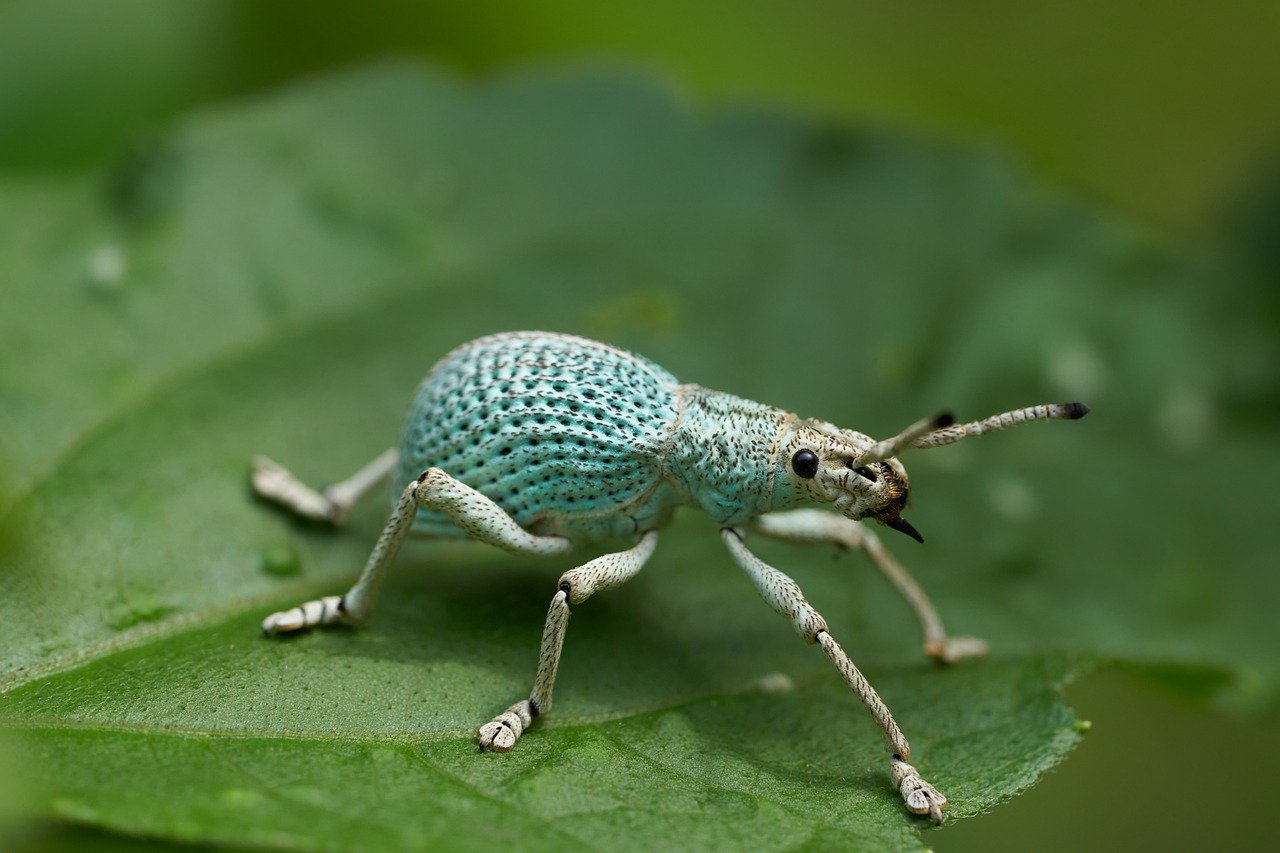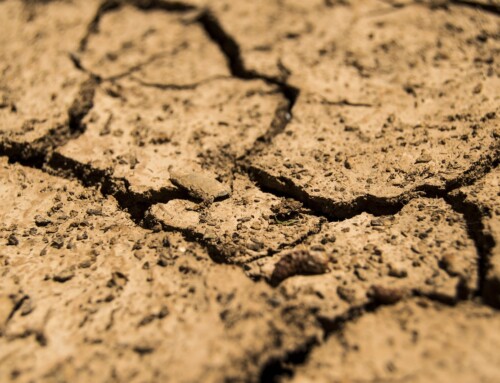We love living in Florida, but pests and bugs can be problematic—especially to our lawns and gardens. While chemical remedies exist, many are becoming increasingly uncomfortable with using them. However, organic soil, mulch, and compost can contribute to a more balanced and resilient ecosystem. Here’s an overview of how each of these organic elements can help with organic and natural pest control.
Organic Soil Amendments
Organic soil is rich in nutrients and beneficial microorganisms, which contribute to plant health and resilience. Plants growing in well-amended organic soil are generally healthier and more robust, making them less susceptible to pest infestations. Here’s how organic soil helps in pest suppression:
- Enhanced Plant Health: Organic soil improves soil structure and fertility, leading to stronger, more vigorous plants. Healthy plants are better able to withstand pest attacks and recover from minor infestations.
- Beneficial Microorganisms: Organic soil is teeming with beneficial microbes, fungi, and bacteria that can outcompete harmful pests and pathogens. These microorganisms can help decompose organic matter and make nutrients more available to plants, fostering better plant growth.
- Improved Soil Structure: Good organic soil structure promotes better root development, which can lead to healthier plants. Well-developed root systems help plants absorb water and nutrients more efficiently, increasing their resistance to pests.
Mulch for Pest Control
Mulch is a layer of organic material applied to the surface of the soil. It serves several functions, including moisture retention and temperature regulation, but it also plays a role in pest management:
- Weed Suppression: By covering the soil, mulch prevents weed growth. Weeds can harbor pests and provide additional habitats for them. By reducing weed populations, mulch indirectly reduces the number of potential pest hosts.
- Habitat Disruption: Mulch creates a physical barrier that can disrupt the habitat of some pests. For example, it can help deter ground-dwelling insects and snails, which might otherwise come into contact with plant roots and foliage.
- Temperature Regulation: Mulch helps maintain soil temperature, making the environment less favorable for some pests and diseases that thrive in extreme temperatures.
- Moisture Management: By retaining soil moisture, mulch helps plants stay hydrated and healthy. Drought-stressed plants are more susceptible to pest problems, so maintaining adequate moisture helps reduce this vulnerability.
Compost to Control Pests
Compost is decomposed organic matter that enriches the soil with nutrients and improves soil structure. It also supports pest suppression through various mechanisms:
- Nutrient-rich soil: Compost provides essential nutrients that promote strong plant growth. Well-nourished plants are less likely to be weakened by pests and diseases.
- Beneficial Organisms: Compost introduces beneficial microorganisms and insects to the soil. These include predatory beetles, spiders, and nematodes that prey on harmful pests. The increased biodiversity helps maintain a natural balance and control pest populations.
- Improved Soil Structure: Compost enhances soil aeration and drainage. Well-aerated soil supports a healthier root system and helps prevent conditions that might attract pests, such as overly wet or compacted soil.
- Disease Suppression: Some composts contain beneficial microbes that can suppress plant diseases and pests. These microbes outcompete or inhibit the growth of harmful pathogens, contributing to overall plant health.
Integrated Approach to Pest Control
To maximize pest suppression, combining these elements is often most effective. Healthy organic soil, supplemented with mulch and compost, creates an environment that supports strong plant growth and fosters beneficial organisms. This integrated approach helps create a balanced ecosystem where natural pest control mechanisms can function effectively.
Veransa is the Gulf Coast’s leading provider of organic soil, mulch and compost made from recycled yard and wood waste. Click here to view our products.




